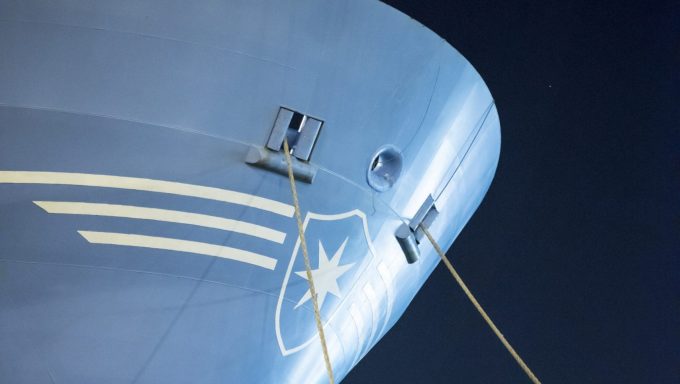Index-linked agreements: 'shippers have to have the stomach for them'
Shippers pondering the pros and cons of index-linked agreements (ILAs) “have to have the stomach ...

Rumours that Maersk will restrict some customers to spot bookings from 1 January could be “a big opportunity” for smaller forwarders to win business from their multinational competitors.
Sean Crook, director at Sydney-based forwarder Neolink, says Maersk and subsidiary Hamburg Süd have “definitely been pushing everyone ...
Bad news for shippers as wave of transpacific rate increases continues
No deals with carriers, say Houthis – Red Sea safe for non Israel-affiliated ships
Rapid transpacific capacity build-up continues – can USWC ports handle it?
Schenker's Shirley Sharma Paterson moves to K+N as global head of sales
Red Sea crisis has driven most new capacity into extended Asia-Europe trades
Carriers on the hunt for open tonnage again as transpacific rates soar
Dates to watch for in the latest chapter of TACO's tariff travail
Freighter capacity on the rise, with air cargo demand expected to pick up

Comment on this article